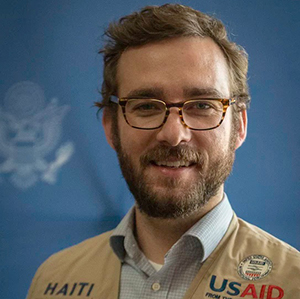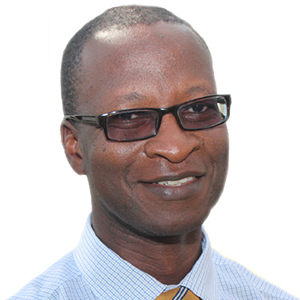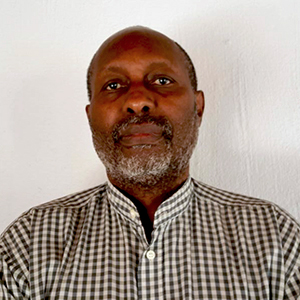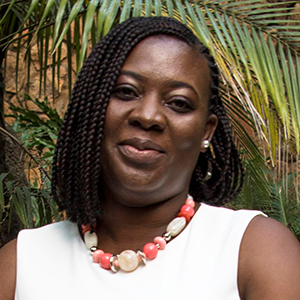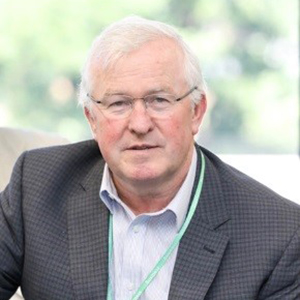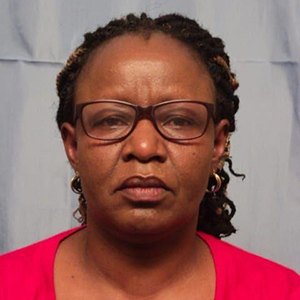Panels 1 – 2
Panel 1: Private Sector Engagement Models to Improve Access to Medicines
Location: Ballroom 3
Description: The focus of this panel is to discuss empowering the private sector to assume a greater role in enhancing access to medicines in underdeveloped and geographically challenged areas. The private sector can play a multitude of roles. The panel will showcase several examples of direct and indirect engagements through investments and knowledge sharing. Examples include investing in private practitioners to improve access to health services; empowering the private sector to improve access to services in under-served communities; improving access to health commodities through a private sector distribution model; harnessing private sector competences to improve public sector efficiencies; and, how to leverage the private sector to optimize donor investments,
Moderator: Lloyd Matowe, Pharmaceutical Systems Africa (Liberia, Nigeria, & Zambia)
Panelists:
- Alfons Van Woerkom, The Global Fund
- Iain Barton, Imperial Health Sciences
- Gordon Comstock, Management Sciences for Health
- Sowedi Muyingo, Medical Access Uganda Limited
- James Maloney, USAID
Panel 2: Nutrition and Health in Africa
Location: Ballroom 1-2
Description: Nutrition is one of the most important contributors to human health. In addition to managing weight, blood pressure and cholesterol, a healthy diet can help prevent and manage of a number of non-communicable diseases (NCDs) such as diabetes, heart disease, stroke, and some cancers. Africa as a continent is faced with triple burden of malnutrition, whereby population clusters are affected by undernutrition, over-nutrition and micro-nutrient deficiency. Although donors, Governments and nutrition groups are working towards meeting both the UN targets for 2025 and the SDGs the progress is slow . For example, in Africa, Stunting has reduced from 38.3% to 30.3% although the number of stunted children has increased from 50.6 million in 2000 to 58.7 million in 2017. A Multi sectoral approach is key in addressing the triple burden of malnutrition. Enabling policies, partnerships, social protection and nutrition-sensitive food systems have been advanced as key to end hunger and malnutrition in the region. This panel will explore the state of nutrition in Africa and discuss the role of government, and private sector in reducing malnutrition through innovation and education, while ensuring food safety & security.
Moderator: Elizabeth Kamau, Egerton University, Kenya
Panelists:
- Norman Nyazema, University of Limpopo, South Africa
- Dorothy Mituki, Egerton University, Kenya
- Markus Frolich, Chair of Econometrics Universität Mannheim
- Seyi Aboyade, Nutrigo, South Africa

